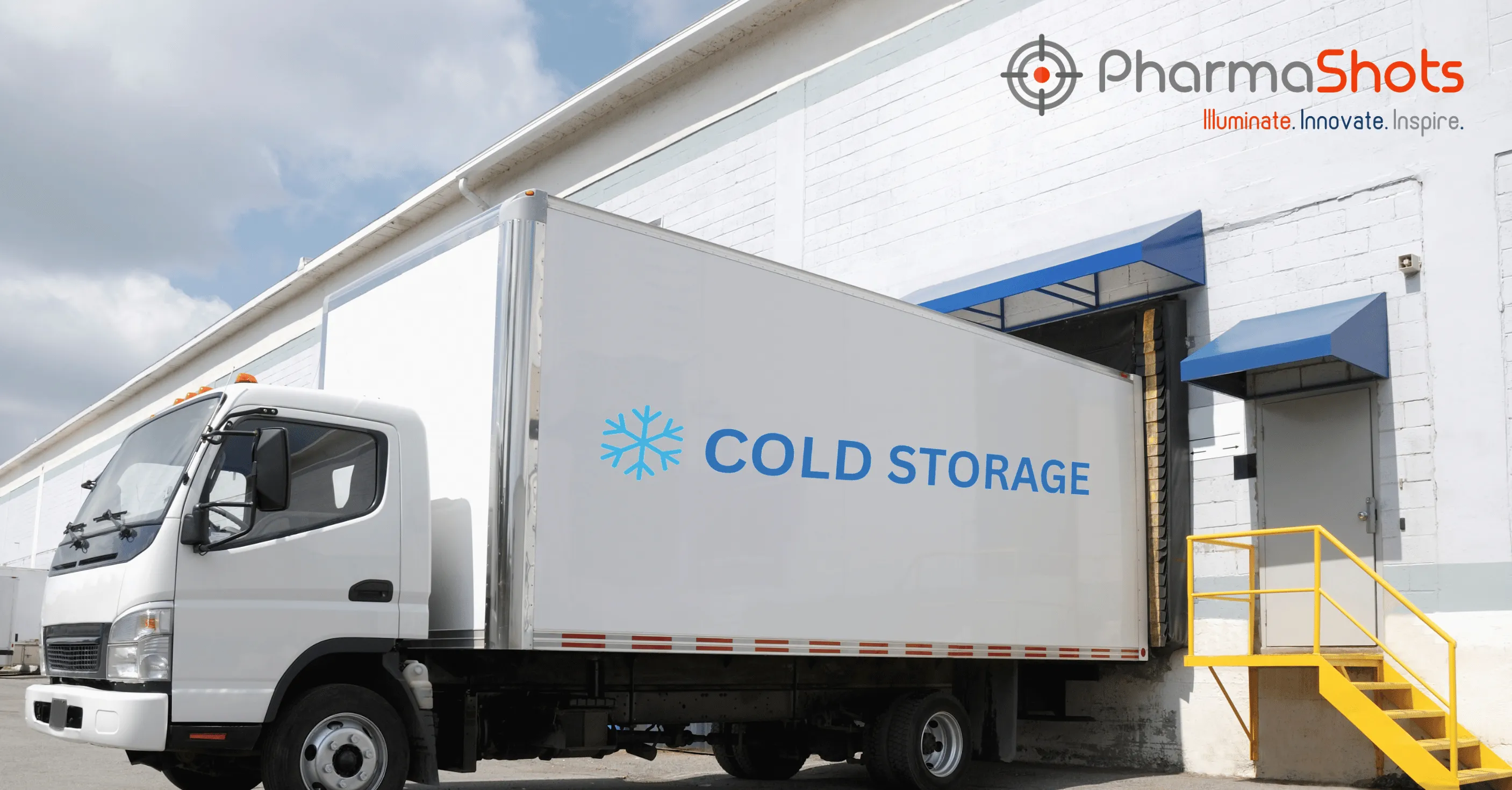
When Do Specialists Recommend Medical Detox for Addiction Treatment
Substance abuse is a grave problem affecting millions of people and costing billions in healthcare expenses and lost productivity. Statistics are alarming, with the estimated number of illegal users reaching 296 million in 2021. Among these, 39.5 million were categorized as problem users with a substance use disorder.
While counseling support is a popular line of treatment, it may not be enough for hard addiction. Medical detoxification is a solution that stabilizes the patient as their body eliminates alcohol or drugs. It can be a game-changer for patients. Rehab facilities often use it as the first step in their addiction programs because it is highly effective.
Before seeking treatment, you should know what to expect during medical detox and when your specialist may recommend it. For those seeking immediate assistance and guidance, resources like nationalrehabhotline.org provide valuable support in finding the right treatment options.
What to Expect During Medical Detox
Addiction is a chronic condition like asthma, diabetes, or rheumatoid arthritis. It requires a proper treatment approach similar to these long-term medical conditions. Medical detoxification is an ideal solution, with licensed medical professionals or clinicians monitoring your progress to wean you off your problem substance.
Medical detox is used for most patients seeking inpatient or residential addiction treatment. It is often the starting point of the addiction program and involves the use of medication to address withdrawal symptoms surfacing during recovery. The widely used prescriptions for the process include Benzodiazepines, Buprenorphine, Methadone, Suboxone and Naltrexone.
According to the Canadian Centre for Addictions, patients undergoing a supervised detox are likely to have longer sobriety stretches. It also ensures safety and long-term results. Additionally, it facilitates a transition from addiction to recovery, making it an excellent treatment strategy.
When Is a Medical Detox Essential
According to a World Health Organization report, only 1 in 7 people dealing with addiction receive treatment. Even fewer opt for medical detox, making it critical to realize its significance. Many patients want to stick with the conventional treatment approaches such as counseling and group therapy.
While these options work, the results may take more time, and sustainability is often a concern. Conversely, medical detox is ideal if you want quick, effective and sustainable outcomes. Here are a few situations when specialists recommend it:
Severe Dependence
High tolerance and dependence on alcohol or drugs pose a challenge when it comes to treatment. The following factors indicate high levels of dependence:
- Regular use of a substance in large amounts
- Abuse over an extended period
- Diminished effect over time with the same amount of the substance
- Required increasing amounts to achieve the usual effect
- Cravings for a substance when it is not accessible
- Inability to quit despite the best efforts
Suddenly giving up can result in severe withdrawal symptoms such as nausea, diarrhea, fatigue and cravings. Studies show that severe withdrawal complications include hyperventilation, tachycardia, hypertension, diaphoresis, tremor and hypothermia. Medical detox is effective for managing these symptoms and ensuring the safety of the patient.
Co-occurring Medical/Mental Health Conditions
Co-occurring medical issues or mental health conditions can elevate the risk of severe withdrawal symptoms. If you suffer from either of these, your specialist will prescribe medical detox to address your complex case and provide appropriate care.
Failed Attempts or Relapse
Quitting alcohol or drugs is easier said than done. WebMD notes that relapse occurs in 40% to 60% of people who undergo treatment for substance use disorder. The worst part is that you may fail even after recovering from addiction. People frequently succumb to severe withdrawal symptoms, while others give in to temptations. Medical detox provides the necessary professional support and medical intervention.
Polydrug Abuse
Polydrug abuse is inherently complicated because people trying to eliminate one substance from their system may become over-dependent on the other. Withdrawal symptoms are more severe, while treatment approaches may also vary. The best option is to seek medical detox, as it can help you manage withdrawal symptoms and get lasting relief.
Pregnancy
Your specialist may recommend medical detox if you are pregnant because substance use disorders can harm the mother and the unborn child. However, the program requires expert supervision because medication use should be selective during pregnancy. Additionally, withdrawal symptoms may be more severe than in a normal patient.
How Long is the Medical Detox Treatment Cycle
Addiction treatment does not take a one-size-fits-all approach because every patient has unique needs and challenges. The length and intensity of medical detox also varies from person to person. You may expect the treatment to last for a few days or weeks. It depends on many factors, such as:
Type of Substance
The treatment timeline mainly depends on the type of substance(s) you want to give up. Withdrawal symptoms differ for different substances, and they determine the duration of detox. For example, alcohol withdrawal starts within only a few hours. It may require substitute medication soon after quitting, extending the treatment time.
Quantity of Substance
Heavier substance use builds a tolerance problem, making it hard to quit. As larger quantities of alcohol or drugs accumulate in your body, you may need more drastic measures and longer detox treatment to eliminate them.
Frequency and Duration of Use
The length of the medical detox program is directly proportional to the frequency and duration of substance abuse. If you are habitual to alcohol and drugs and use them frequently, you will require a longer and more extensive program. For drugs like opioids, dependence can develop within only 6-8 weeks. A long detox program is the only solution to eliminate them from your system.
Individual Factors
Body chemistry, metabolic rate, weight, and genetic makeup are the individual factors that decide the ideal duration of medical detox. Your specialist considers these factors along with the overall situation to recommend the best timelines.
The Bottom Line
Medical detox makes an excellent start to an addiction treatment program. It sets the pace by eliminating alcohol or drugs from your system and easing the withdrawal symptoms at the outset. Once you gain momentum and control, you have a good chance of achieving your addiction treatment goals sooner rather than later. As the process is supervised by specialists, it promotes safety, efficacy and sustainability.

Divya Marwaha is a passionate and versatile writer with proficiency in multiple niches. She offers a rich experience of 10+ years in SEO and creative writing working with a global clientele. Besides playing with words, she likes traveling, reading, and gardening.














